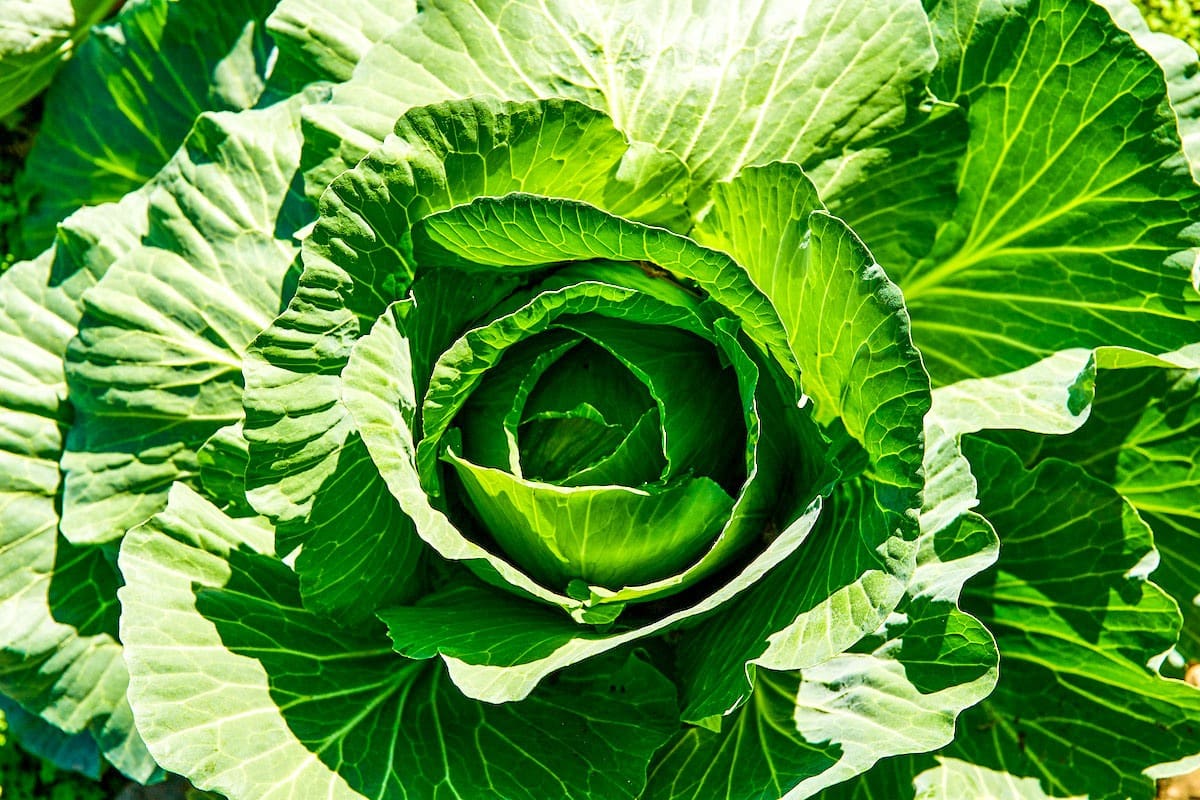
If you were to stand with your eyes closed and simply listen and breathe, you’d have no idea you were in the middle of one of the largest cities in the Southeast. Yet, this favorite spot for history buffs and curious souls alike holds more than just museum exhibits. Our entire 33 acres is filled with curated landscapes—every inch thoughtfully designed and carefully maintained year-round by horticultural experts.
It’s not just for looks, though. Many museums have eco-friendly facilities, and most gardens take on sustainability initiatives, but we do both. We’re dedicated to not only maintain a beautiful campus, but also to ensure that our sustainability efforts keep our community eco-friendly and healthy.
Here are five practices we implement to help our environment and some tips on how you can do them at home to improve your neighborhood’s ecosystem.
Compost
If you’ve ever eaten lunch at Souper Jenny or grabbed a cup of coffee at BRASH, you probably don’t know that Atlanta History Center partners with both to compost intensively. Rather than adding waste to landfills, we collect their food scraps to contribute to our onsite compost piles. We measure and test our compost daily to ensure it meets our requirements. The result is a soil booster that’s like chicken noodle soup for plants. The best part, though? It’s so easy to start in your own home! To make sure your plant food is the best, the EPA has some great tips for DIY composting.
Buy or Build a Rain Barrel
Our campus is sprawling, with several different landscapes, buildings, and historic homes. Needless to say, when it rains, it rains a lot on us. So, to make use of this natural resource—and to reduce our runoff—we’ve established a storm water management system that collects and redistributes water for irrigation. This also ensures that when those massive summer storms hit we slow the roll of runoff to prevent erosion and stop the sediment going into the local watershed. And while our system is large and complex, installing a rain barrel in your own yard is fairly easy and a great way to be water-wise and make a difference in your neighborhood. Check out these helpful tips from the Georgia Adopt-a-Stream program.
Plant a Tree
In the early 1900s, the American chestnut tree was almost entirely wiped out from the Eastern seaboard due to chestnut blight. As an institution that collaborates on native plant conservation and hosts the state’s largest native plant collection, it’s right up our alley to partner with The American Chestnut Foundation’s efforts in the development of a hybrid chestnut that is resistant to blight. We’re growing advanced hybrids in our own backyard with hopes that the tree can one day be reinstated to the Eastern forests.
Planting any type of native tree in your yard has benefits, but some types have more benefits for wildlife than others—if in doubt, plant an oak! Native trees provide habitats for our pollinators, help combat the “Urban Heat Island” effect, and keep our air and water clean—so pretty important. Check out volunteer programs with our friends at Trees Atlanta to learn about how you can help contribute to ATL’s urban forest.
Consider the Chemicals
Everyone today seems to be growing more conscious about the food they are putting into their bodies and the products they are putting on their skin. People are even feeding their pets healthier food options. But what about plants? When it comes to our homes, we often think about the aesthetic first, and we’ll pay any price to achieve our vision. However, pesticides and mosquito spraying can have real negative effects our community’s ecosystem. That why at Atlanta History Center, we utilize cultural, biological, and physical controls whenever possible to prevent pests and disease, reserving judicious use of chemical controls as a last resort. Learn ways you can naturally prevent pesky pests with Georgia Organics or UGA Extension.
Find Trusted Sources
It’s so important to get a second opinion on any drastic changes you want to make to your yard. Atlanta History Center’s Goizueta Gardens team is a made up of highly-trained professionals who do intense research before starting new projects. While spending years getting specialized degrees isn’t feasible for everyone, reaching out to a certified arborist or UGA Extension Agent can be helpful when making big decisions at home. We have a 4-H office right here at Atlanta History Center that can help answer questions about best practices for kids and adults alike. Check out their resources and programs to learn more.
It can seem daunting at first to think about environmental stewardship and sustainability when living your day to day life, but even little actions can make a big difference. When it comes down to it, the benefits greatly outweigh the efforts and knowing you’re making a difference in your community is just the best.
In the meantime, Atlanta History Center will keep on keeping on with our sustainability efforts and growing an oasis within the city for all to enjoy. We can’t wait to see what you do too! Tell us about your own green efforts on social and be sure to share with us.

